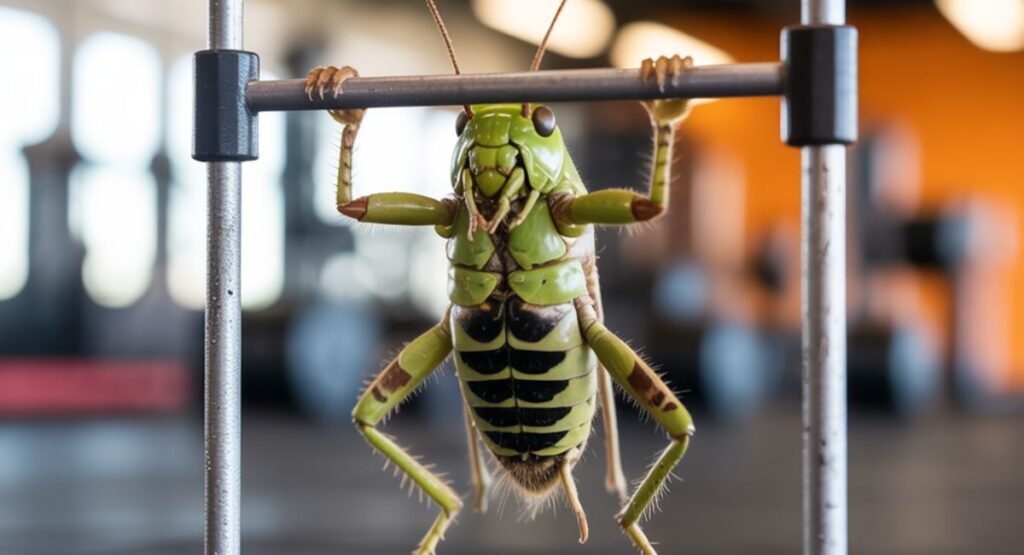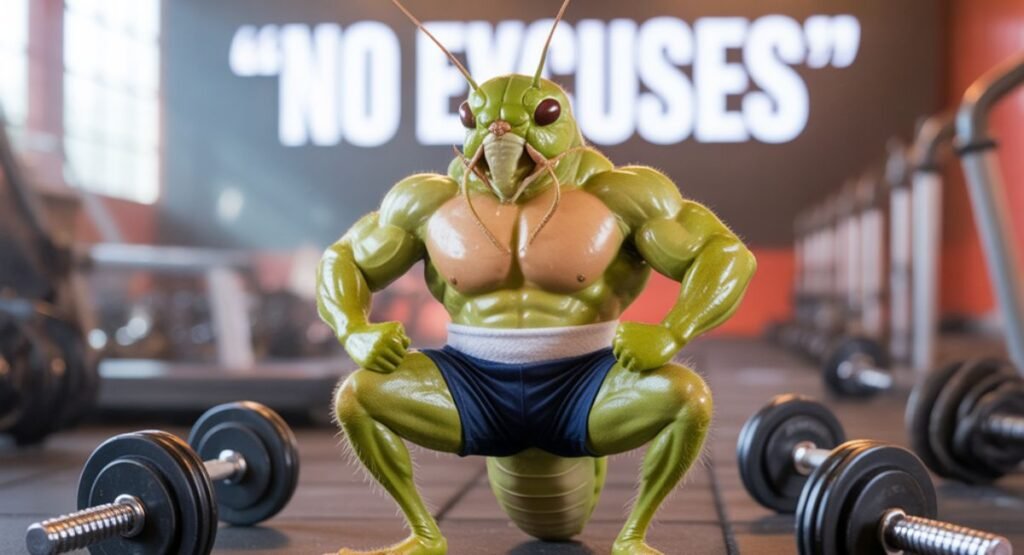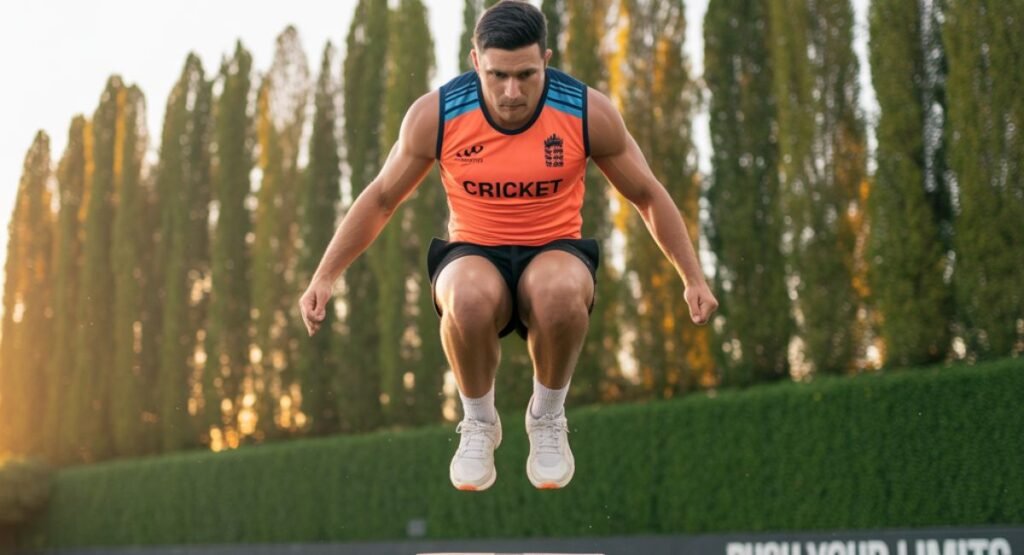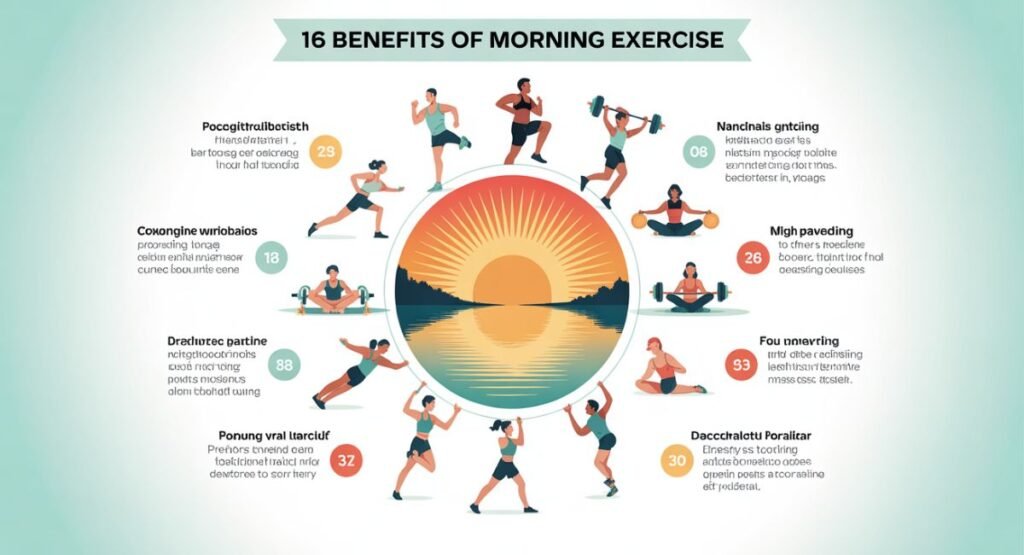Cricket is a game that requires not only physical strength but also mental concentration, endurance, speed, agility, and skill. Physical fitness plays a fundamental role in a professional cricketer’s performance. Along with exercise, a balanced and proper diet is the most important factor in maintaining fitness. In this article, we will examine what kind of diet cricketers consume and how ordinary people can adopt this dietary pattern and achieve similar fitness.

Importance of Nutrition
Food is the fuel that provides energy to the body. To keep a cricketer’s body stable during long matches, practice sessions, and travel, different types of nutrients are required, such as:
Carbohydrates
Proteins
Fats (good fats)
Vitamins and minerals
Water
Provision of all these elements in the right quantity and at the right time not only keeps the player healthy but also enhances his performance.
The role of carbohydrates
Carbohydrates are the main source of energy. Cricket players train hard every day, which requires quick and long-lasting energy. The following carbohydrate-rich foods are used for this:
Oatmeal
Brown rice
Potatoes
Whole wheat bread
Fruits such as bananas, apples, mangoes
Carbohydrate consumption is important before and after exercise. Simple carbohydrates provide quick energy before exercise, while complex carbohydrates help restore energy after exercise.
Proteins: Muscle repair and growth
Proteins are extremely important for cricket players because they are essential for muscle repair and strength. Especially when players train hard, the muscles in the body break down and need protein to rebuild.
Good protein sources include:
Eggs
Chicken breast
Fish (especially salmon and tuna)
Pulses
Nuts
Yogurt
Protein shakes (if necessary)
Protein should be consumed at different times throughout the day to provide the body with a consistent supply.

Good fats
Most people consider fats to be unhealthy, but the truth is that good fats are essential for the body. They are important for hormonal balance, mental health, and energy.
Sources of good fats:
Olive oil
Almonds, walnuts, cashews
Avocado
Fish oil
Cricket players include these fats in limited quantities in their diet to maintain energy levels.
Vitamins and Minerals
Vitamins and minerals are required for all the internal systems of the body to function properly. Especially in a sport like cricket, where there is a lot of physical and mental stress, vitamins play an important role.
Important vitamins and minerals:
Vitamin B complex (for energy)
Vitamin C (immune system)
Vitamin D (strengthening bones)
Calcium, iron, magnesium
To obtain these vitamins, players use vegetables, fruits, nuts, and natural supplements.
Water and hydration
Lack of water directly affects performance. A cricket player drinks at least 3 to 4 liters of water throughout the day. During training or a match, there is a lot of sweating, which leads to a loss of water and salts. The following sources are used to compensate for this deficiency:
Plain water
Electrolyte drinks
Coconut water
Natural juices
Hydration prevents problems such as physical fatigue, muscle cramps, and dizziness.
A general outline of a daily diet
A cricket player’s diet on a typical day may look like this:
Breakfast: eggs, porridge, milk, fruit
Snacks: almonds, protein bars, yogurt
Lunch: chicken, brown rice, vegetables
Before practice: banana, energy drink
After practice: protein shake, omelet
Dinner: fish or chicken, salad, soup
This is just an example; the actual diet changes according to the athlete’s needs, age, weight, and intensity of exercise.
Use of supplements
Sometimes athletes need additional nutrients that cannot be completed with a normal diet. In this case, supplements are resorted to. Commonly used supplements include:
Whey protein
BCAAs
Creatine
Vitamin D and multivitamins
However, it is important to consult a nutritionist before using supplements.
Other factors along with diet for physical fitness
Not only is diet enough, but other factors are also important to stay fit:
Sleep: At least 7-8 hours of deep sleep
Mental peace: Avoid stress
Consistency: Consistency in exercise and diet
Diet: Avoid fast food, cold drinks, sugar, fatty foods
Actionable tips for ordinary people
Although ordinary people do not need to train as hard as cricket players, they can adapt their dietary principles to stay fit:
Avoid processed food
Be sure to include protein in every meal.
Consume fruits and vegetables daily.
Avoid sugar and white flour.
Have a light meal after exercise.
Conclusion
The fitness of cricket players is not the result of any magic but the result of a systematic lifestyle in which a balanced diet plays a fundamental role. Ordinary people can also lead a healthy, active, and vibrant life if they adopt these principles with the right intention, consistency, and knowledge.



